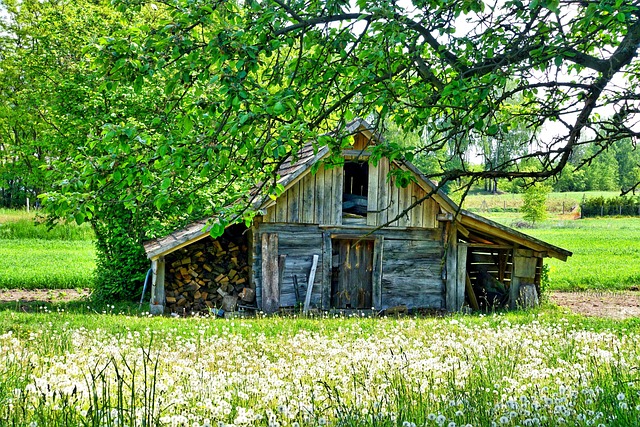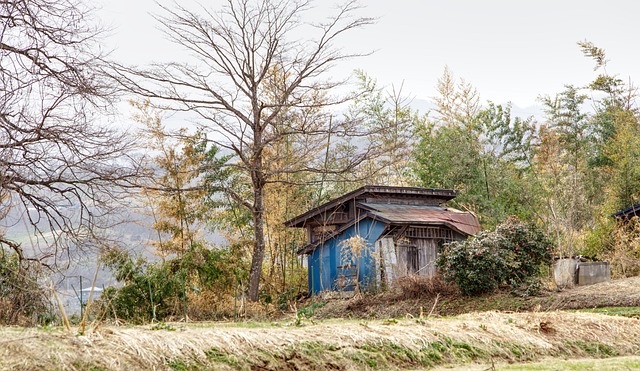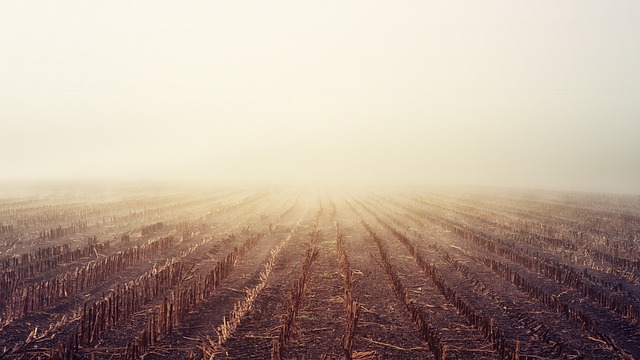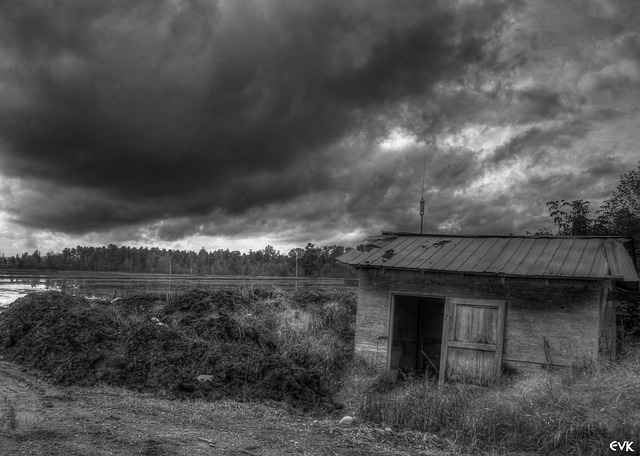In the agricultural heartland of Wagga, discerning farmers are faced with a choice between steel and wooden farm sheds. This comprehensive analysis delves into the critical factors that influence this decision, from durability to environmental impact. We’ll explore the longevity and cost implications of both materials, the maintenance demands they present, and their respective roles in Wagga’s unique agroecosystem. Furthermore, we’ll examine how each option can be customized to meet specific farming needs, aiding in making an informed choice for your farm’s infrastructure. Join us as we compare steel vs wooden farm sheds, ensuring you have all the information needed for a sustainable and cost-effective agricultural setup.
- Assessing Durability and Longevity: The Lifespan Comparison of Steel and Wooden Farm Sheds in Wagga
- Cost Analysis: Steel vs Wooden Farm Sheds – Initial Investment and Long-Term Expenses in Wagga’s Agricultural Context
- Maintenance and Upkeep: Understanding the Ongoing Commitments for Steel and Wooden Farm Sheds
- Environmental Impact: Evaluating Eco-Friendliness and Sustainability of Steel vs Wooden Farm Sheds in Wagga’s Agroecosystem
- Customization and Versatility: Tailoring Farm Sheds to Your Needs – Options and Limitations Between Steel and Wooden Structures in Wagga
Assessing Durability and Longevity: The Lifespan Comparison of Steel and Wooden Farm Sheds in Wagga

When evaluating farm sheds in Wagga for durability and longevity, both steel and wooden structures present unique advantages and potential drawbacks. Steel farm sheds, constructed with galvanized or colored steel, are renowned for their resilience against the harsh elements prevalent in Wagga’s climate. The alloy’s resistance to rust and corrosion ensures these sheds maintain their structural integrity over time, often lasting 40-60 years, depending on maintenance and environmental conditions. Steel’s strength also means it can withstand heavy snow loads or strong winds without significant damage, which is particularly beneficial for Wagga’s variable weather patterns.
On the other hand, wooden farm sheds in Wagga offer a traditional aesthetic that complements rural landscapes. The lifespan of a well-maintained wooden shed can also be considerable; with regular treatment against rot and pests, these structures can endure for decades as well. However, the longevity of wood is highly dependent on the type of wood used, the quality of construction, and the level of maintenance provided. In Wagga’s environment, which includes periods of high humidity and potential termite activity, the protective treatments must be consistently applied to extend the shed’s lifespan. Both steel and wooden farm sheds in Wagga require maintenance, but their longevity is determined by different factors: for steel, it’s the protection against corrosion, and for wood, it’s the defense against decay and infestation. Farmers and homeowners in Wagga must weigh these considerations when choosing between steel and wooden farm sheds to ensure they select a material that aligns with their maintenance capabilities and desired lifespan.
Cost Analysis: Steel vs Wooden Farm Sheds – Initial Investment and Long-Term Expenses in Wagga’s Agricultural Context

In the agricultural heartland of Wagga, farmers are often faced with the decision of constructing farm sheds, a critical aspect of crop storage and livestock shelter. The choice between steel and wooden farm sheds involves a careful cost analysis that extends beyond the initial investment to encompass long-term expenses. Steel sheds typically present an upfront cost advantage over their wooden counterparts, with faster construction times and lower maintenance in the early years. The durability of steel, resistant to rot, pests, and harsh environmental conditions, often translates to less frequent repairs and replacements over time, potentially offering a better return on investment. On the other hand, while wooden farm sheds may require more regular upkeep and treatment for pests and weatherproofing, their initial cost can be lower. This can be particularly appealing for farmers with immediate budget constraints. However, it’s crucial to factor in the potential longevity and resale value of each option when considering long-term expenses. Steel sheds tend to have a longer lifespan, which can offset the higher initial outlay over the shed’s operational life. In Wagga’s unique agricultural context, where weather patterns and soil conditions play a significant role in farming practices, the choice between steel and wooden farm sheds should be based on a comprehensive cost-benefit analysis that includes both immediate and future financial implications. This will ensure that farmers make an informed decision that aligns with their specific needs, budget, and long-term objectives for their agricultural operations.
Maintenance and Upkeep: Understanding the Ongoing Commitments for Steel and Wooden Farm Sheds

When considering the long-term investment in farm sheds for your agricultural operations or storage needs in Wagga, maintenance and upkeep are crucial factors that distinguish steel from wooden structures. Steel farm sheds demand a routine cleaning schedule to remove dirt and prevent rust; regular inspections can identify minor corrosion early, allowing for swift repairs. Coatings of paint or protective finishes need to be applied periodically to maintain the structural integrity and longevity of steel sheds. In contrast, wooden farm sheds require a more hands-on approach. They are susceptible to weather elements such as rot and insect infestation, necessitating treatments like waterproofing and pest control. The wood may need to be sanded, stained, or repainted to preserve its condition, a task that occurs less frequently than with steel but still requires attention to sustain the shed’s structural health over time. Both options present their unique maintenance challenges; however, understanding these commitments can guide your decision-making process in selecting the most appropriate farm shed for your specific needs and climate conditions in Wagga. Regular upkeep of either material not only extends the lifespan of your farm shed but also ensures that it continues to serve its intended purpose effectively.
Environmental Impact: Evaluating Eco-Friendliness and Sustainability of Steel vs Wooden Farm Sheds in Wagga’s Agroecosystem

In Wagga’s diverse agroecosystem, the choice between steel and wooden farm sheds carries significant environmental implications. Steel farm sheds present an eco-friendly alternative with a smaller carbon footprint compared to their wooden counterparts. The production of steel involves less energy and results in lower emissions, making it a more sustainable option. Moreover, steel’s durability translates into a longer lifespan, potentially reducing the frequency of replacement and the associated environmental impact over time. Steel sheds also offer better resistance to pests and harsh weather conditions, which can minimize the need for chemical treatments that might otherwise harm local ecosystems.
Conversely, wooden farm sheds, often crafted from locally sourced timber, can be a sustainable choice if the trees are harvested from responsibly managed forests with replanting practices in place. Wood is a renewable resource, and when sustainably managed, it can play a role in carbon sequestration. However, the environmental benefits of wood must account for deforestation, energy used in treatment processes, and maintenance-related emissions. The lifespan of wooden sheds also necessitates responsible disposal and recycling or upcycling strategies to maintain their eco-friendly status. Both materials have a role in sustainable agriculture; the decision should be guided by factors such as regional resource management, construction practices, and long-term maintenance considerations.
Customization and Versatility: Tailoring Farm Sheds to Your Needs – Options and Limitations Between Steel and Wooden Structures in Wagga

In Wagga, choosing between steel and wooden farm sheds is a multifaceted decision that hinges on factors such as longevity, cost, maintenance, environmental impact, and customization. After a comprehensive analysis, it’s evident that both options present unique advantages and challenges. Steel sheds stand out for their durability and lower maintenance requirements over time, which can be advantageous for long-term agricultural needs. On the other hand, wooden sheds offer a more traditional aesthetic and can be a sustainable choice when sourced from responsibly managed forests. The initial investment for both materials varies, with steel generally being more expensive upfront but potentially offering cost savings in the long run. Ultimately, the ideal farm shed material in Wagga will depend on individual priorities, budget, and specific agricultural demands. Farmers and landowners should carefully weigh these factors to make an informed decision that aligns with their operational goals and environmental considerations.
